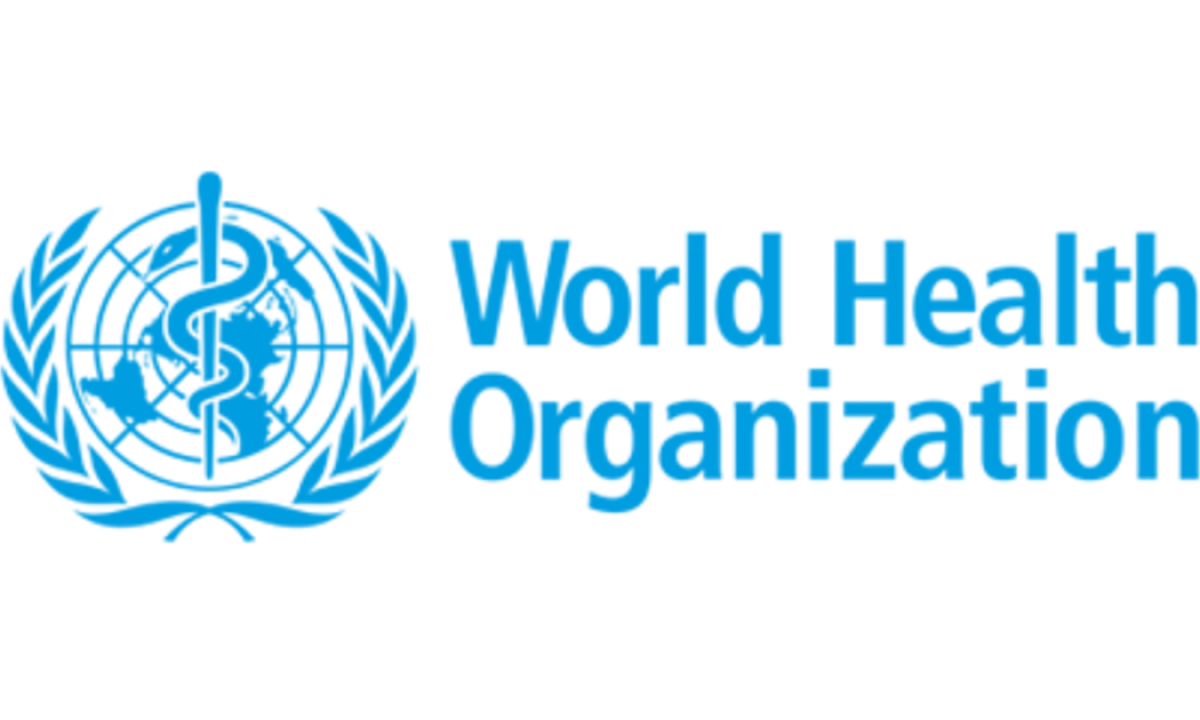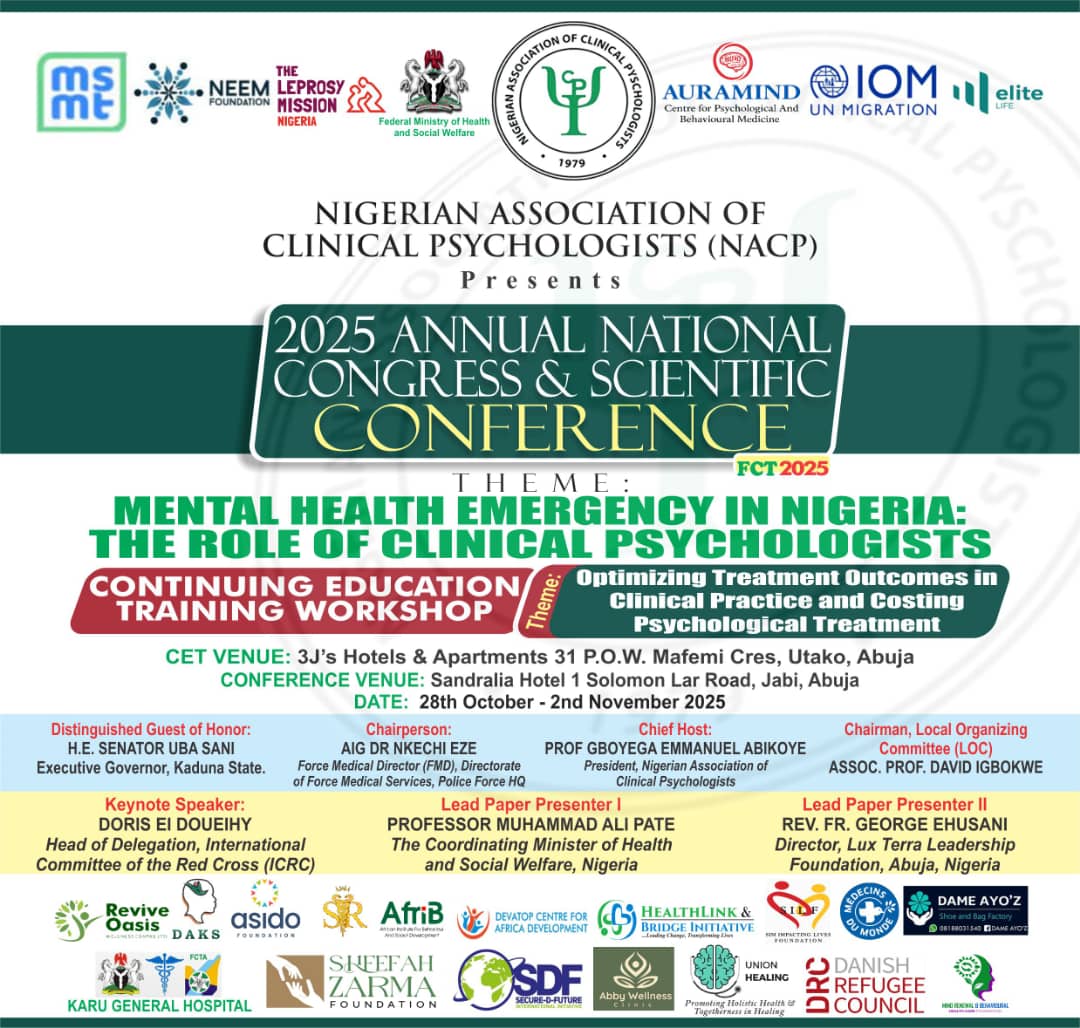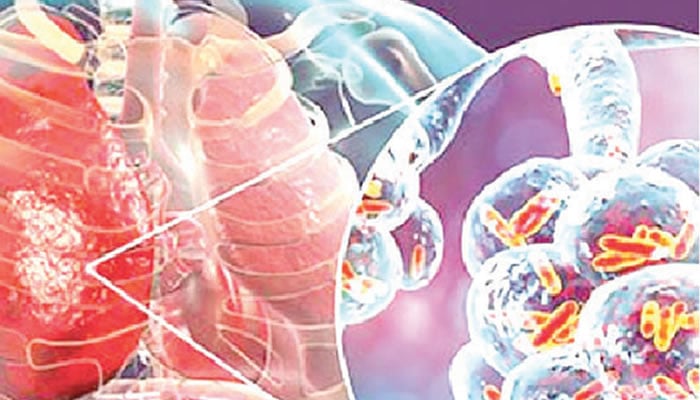
The World Health Organisation (WHO) has called on Nigeria to raise its public health spending to at least 20 per cent of total health expenditure, warning that underfunding continues to undermine service delivery and protection for vulnerable households.
WHO Regional Director, Prof. Mohamed Janabi, made the appeal on Thursday in Abuja at the National Health Financing Dialogue themed “Reimagining the Future of Health Financing in Nigeria.”
Janabi said sustainable health financing was the backbone of resilient systems, stressing that higher investment would reduce out-of-pocket payments, improve risk pooling and strengthen prepayment mechanisms.
“With more than 223 million citizens, how Nigeria finances health is vital for the well-being of its people and the future of the continent,” he said. “Healthier populations are more productive, more resilient to shocks, and better positioned to drive inclusive growth.”
He commended recent reforms, including the Basic Healthcare Provision Fund, the National Health Insurance Authority Act, and the expansion of state-level insurance schemes, describing them as “steps in the right direction.”
Also speaking, Amb. Amma Twum-Amoah, AU Commissioner for Health, Humanitarian Affairs and Social Development, urged African states to prioritise health security using domestic resources. She cited Nigeria’s approval of $1.7 billion for the HOPE Projects to strengthen governance, expand primary healthcare and improve service delivery as “a bold and visionary step.”
Permanent Secretary of the Ministry of Health, Ms. Daju Kachollom, disclosed that President Bola Tinubu had directed all Ministries, Departments and Agencies to implement mandatory health insurance in line with the NHIA Act 2022, saying: “Mandatory health insurance is here to stay.”
The four-day dialogue brought together policymakers, health experts, civil society, academia, insurers and development partners, with the goal of turning high-level commitments into actionable strategies for sustainable health financing.
The call also echoes the 2001 Abuja Declaration, where African leaders pledged to allocate at least 15 per cent of national budgets to health, a target Nigeria has yet to consistently meet.


